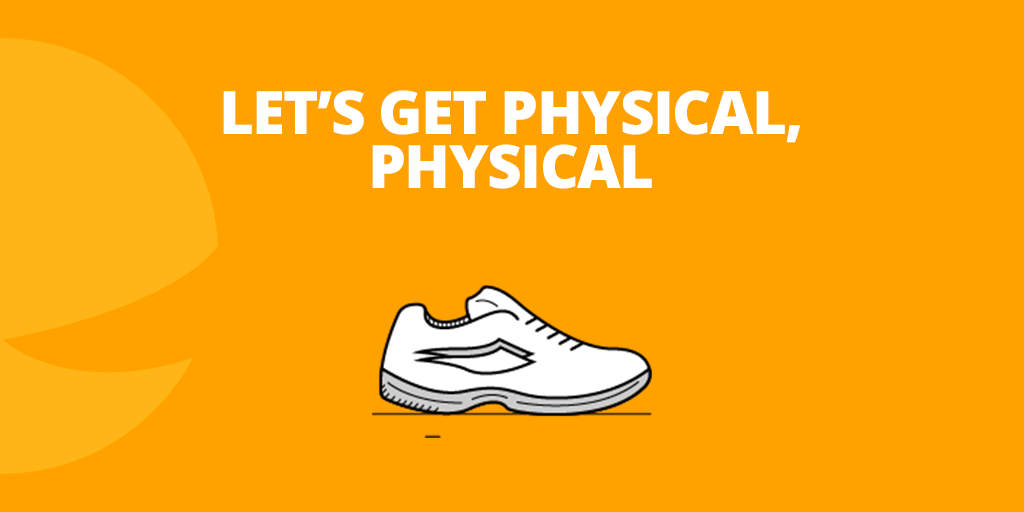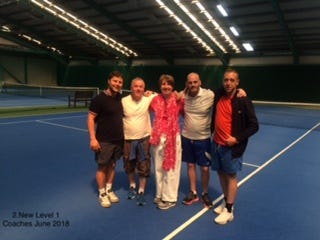Tennis coach and founder of Accessible Tennis CIC Marie Burns talks about the benefits of exercise for our mental health, and why access to sport and exercise is so important.


As a parent, carer, person with a longterm health condition (asthma) and someone who works in mental health I know first hand the benefits of physical exercise on your mental health.
Exercise, walking and tennis have been vital for myself during these long months of the pandemic and have kept me going. However they have also shown up further the inequalities in our society regards to access to exercise.
In 2010 I knew the benefits of tennis for my own health and in my sport saw that the people I worked with did not get access to these benefits due to many barriers. I thought ‘I want to make a difference’ and decided to become a tennis coach. but a different type of coach who would mainly coach people with a disability or longterm condition including mental health.
After qualifying in 2012 I was the Lead Coach on the SAMH Get Active Tennis Pilot. This is some of the feedback:
“It’s great for our mental health”…
“Your’re fitter. You’re exercising without knowing”…
“It’s fabulous for your mental health, it really pushes you on. It makes you feel better”…
In 2016 I was the founding member of a Community Interest Company, Accessible Tennis CIC. As a female coach there was limited leadership roles in tennis and having worked in mental health I wanted to develop in a way that lived experience was crucial to the development of the coaching services.
I wanted to make a difference to show that people with lived experience could become tennis coaches and deliver tennis sessions which would widen participation.
The same year we started work with Phoenix Futures with people in recovery from drug and alcohol addiction. These were all people who had never played tennis and they loved it.
Once they could play we started to show them how to book the free park tennis courts and left equipment bags for access out with the coaching sessions.
Many of the the players completed a Tennis Activator Course to help out in sessions and finally 3 of the players obtained a Tennis Level 1 coaching certificate. This was a huge achievement but showed the many barriers to coaching. These are the same barriers as a woman I faced and account for the few female coaches.
When the park courts have been open sometime there has been no toilet access at times and a complicated online booking system of first come, first served. Number of courts booked have increased but it has not widened participation but excluded groups like ourselves.
There is good news, the people we worked with who obtained tennis qualifications and know how to book online have organised themselves and gained access to the park courts during lockdown.


Also a lot of the local clubs have stayed open and because of links with one of the clubs, who opened their toilets we were able to deliver tennis during the pandemic and are planning more sessions.
The pandemic has shown me that I need to bring these Inequalities to the LTA and Tennis Scotland. I have joined the LTA IDEAS group (Inclusion, Diversity, Equality and Accessibility) and I’m working with Tennis Scotland on getting more access for people with mental health issues into tennis.
People with lived experience can qualify as tennis coaches and there needs to be more of them.
On the Time to Talk Day I will be talking to the IDEAS group. I will also be walking for mental health.
Marie Burns
The original source for this interview can be found here